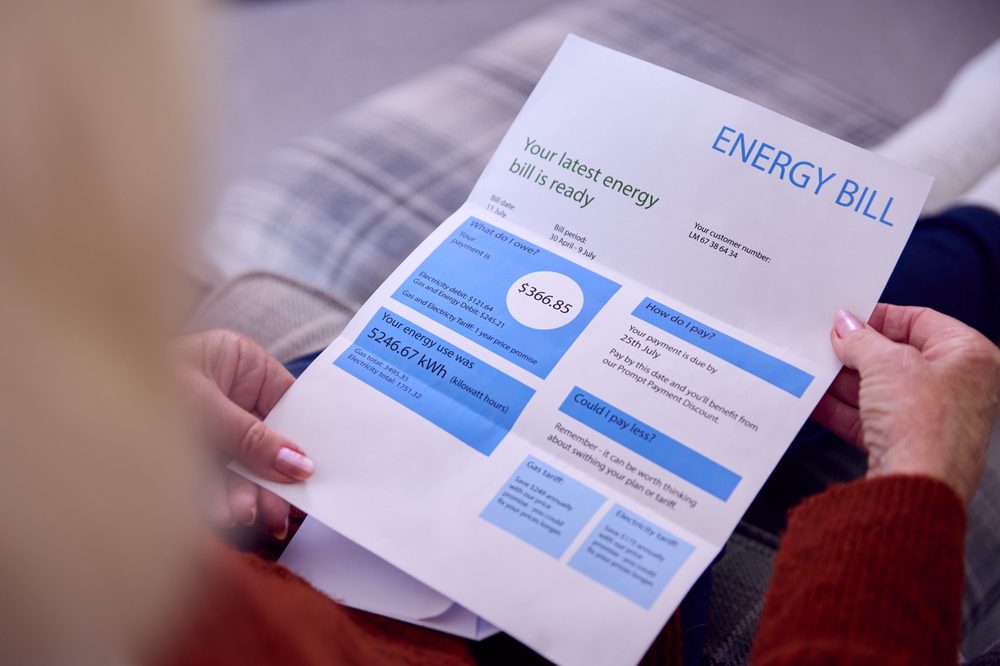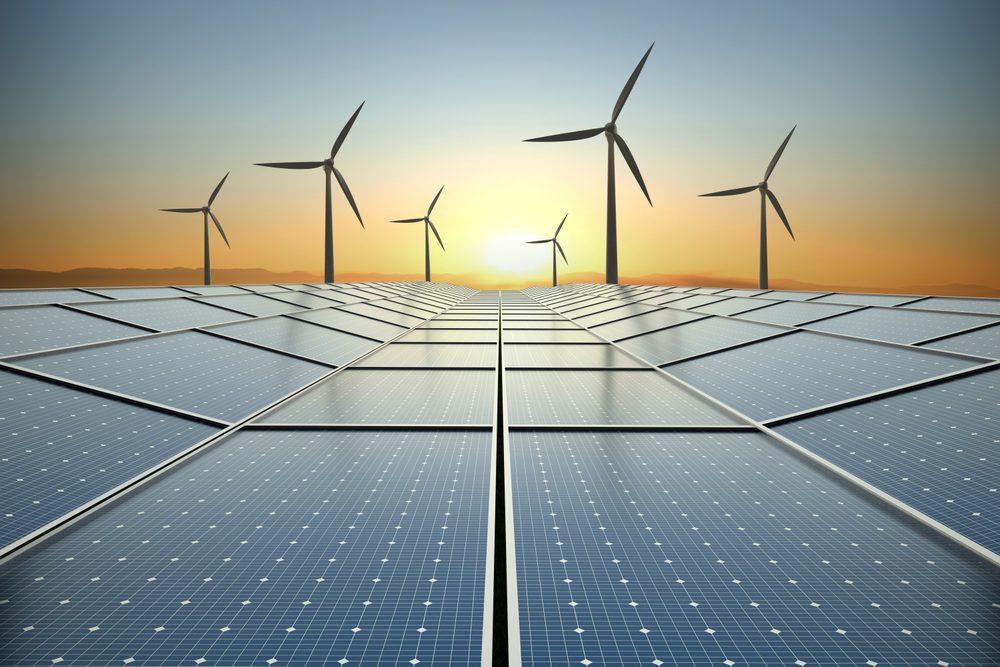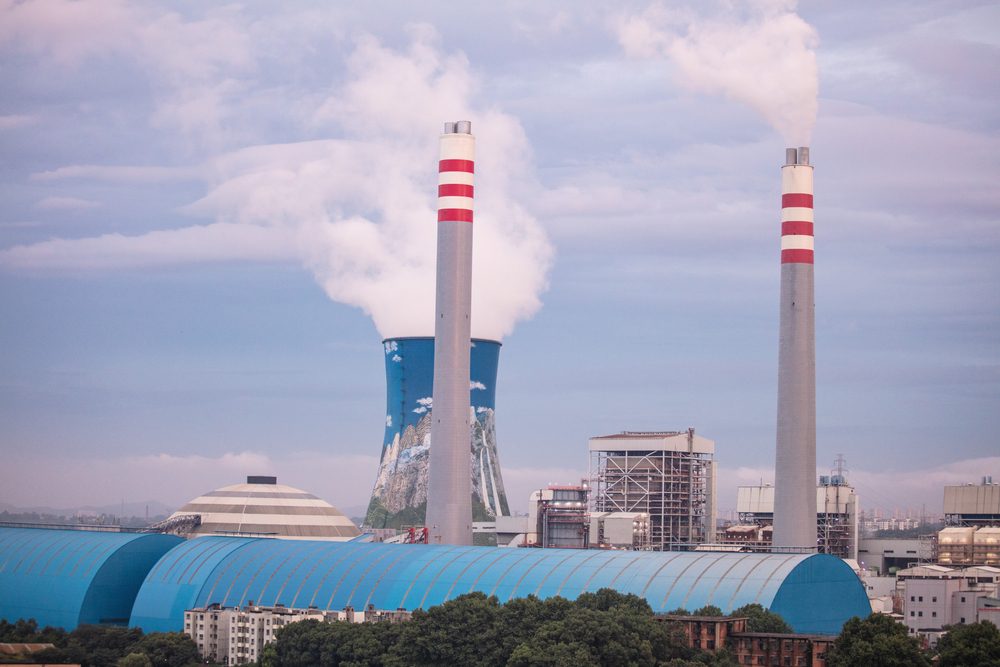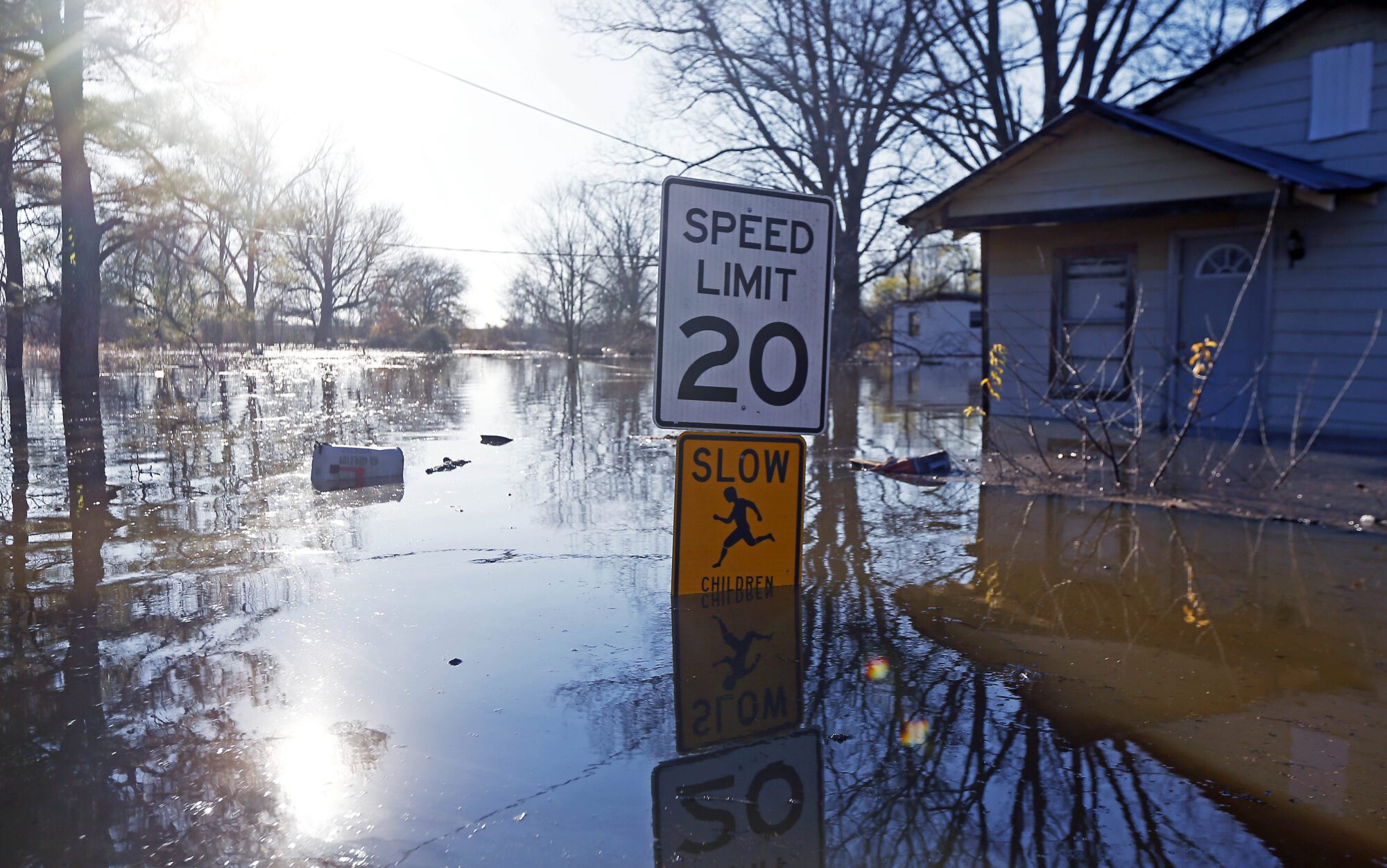
Entergy is going to build a new natural gas-fired generating plant for Amazon’s Canton Data Center. Where? Not in my backyard, say people with nice backyards. So Entergy plans to hide the plant where you can’t “smell it, hear it, or see it.”
The data center capital of the world is Virginia. People there are fed up with data centers and high electric bills— that are projected to increase further (25 to 70%) over the next five years.
Some 384,000 residential customers in Entergy Mississippi’s service area will likely see higher electric bills too due to data centers coming to our neck of the woods.
Why? Misguided energy policies and too much electricity. The secrecy surrounding the deal bestowed upon Amazon and Entergy by the Legislature and Governor raises real concerns.
Residential customers should not have to pay for unneeded electricity from an expensive new plant, and its related infrastructure, necessitated only by the addition of the data centers. Rushed construction, no-bid contracts, and lack of Public Service Commission oversight all substantially increase the chances of higher costs for Mississippi residents.
The Wrong Kind of Energy
Residential customers may also pay more because of too much of the wrong kind of electricity. What’s the wrong kind of electricity? Electricity that’s not there when you need it. That’s solar electricity, when the sun doesn’t shine, and wind electricity, when the wind doesn’t blow.
On average, solar and wind electricity is not available about 70% of the time. Electric bills are higher when you pay for electricity that’s available only 30% of the time.
But we’re told that sunshine and wind are free. So electricity from solar panels and windmills must be cheap— or even free. Gifts from the Tooth Fairy, like the Inflation Reduction Act that funded solar and wind projects.
Amazon acted like a virtue-signaling tooth fairy, too. It required solar projects in Mississippi as a condition of locating its data centers here. But its centers are shielded from that solar electricity. It’s not reliable.

Electricity from solar and wind is not free, despite the government’s incentives. It displaces some electricity produced from natural gas, coal, and nuclear plants. But it doesn’t replace those plants. They idle online at reduced rates to back up intermittent solar and wind power. So customers pay twice: once for power from solar and wind when it’s available, and again, for backup power when it’s not available.
Solar and wind electricity were supposed to reduce carbon dioxide emissions from fossil fuel power plants. Those emissions are said to cause harmful climate change. However, despite the incentives, solar and wind have not replaced fossil fuels. Global emissions of carbon dioxide from fossil fuel plants increased 1.1% in 2023.
But government incentives have led to too much electricity from solar and wind, higher electricity prices, and greater grid instability (brownouts or blackouts).
Instability on the Grid
Mississippi is in the Midcontinent Independent System Operator (MISO) regional grid. It connects millions of customers in 15 states with thousands of power plants. The supply of electricity must match constantly changing demand to maintain a stable grid. Otherwise, the frequency and voltage of electricity can vary and cause equipment failure and blackouts. Solar and wind power disrupt and destabilize the grid.
How? Think of the grid as a giant flywheel. Huge rotating steam and gas turbines in gas, coal, and nuclear plants have bigtime inertia – even when idling. Grid controllers can quickly adjust their speed to increase or decrease power to match changing demand. So controllers can usually keep frequency and voltage within a narrow range and maintain grid stability.
Electricity from solar and wind has no stabilizing grid inertia. Moreover, its intermittent nature can trigger cascading grid instability.
The recent massive grid failures and widespread chaos in Spain and Portugal show what can happen with too much wind and solar power. These renewables were providing 78% of the grid’s power.
The weather changed. The grids collapsed. And 50 million people were suddenly without power. Some of them may now be rethinking their wishful thinking about “Net Zero” targets (no fossil fuels).
This strange world of paying more for too much unreliable electricity is a good deal for Entergy and other public utility monopolies. They get paid for what they spend on plants, substations, distribution lines, and other infrastructure. The more they spend, the more they make (9-11% return on equity). And the more their captive customers without sweetheart deals pay for electricity.
Government Regulation Run Amok, Chance for Reset
This strange world is the result of too much government regulation, wishful thinking, and not enough common sense. The Environmental Protection Agency’s 2009 Endangerment Finding is a primary cause.
It is not a law passed by Congress. It’s a regulation written by EPA bureaucrats. The Endangerment Finding says carbon dioxide is a pollutant that power plants, refiners, and other emitters must measure and control. It has caused the closure of 290 coal-fired power plants in this country since 2010. They produced cheap electricity.

Meanwhile, China commissioned 226 new coal power plants in the five years ending 2022. China’s electricity probably got cheaper while ours got more expensive.
The Endangerment Finding encouraged government incentives for solar and wind power – which don’t emit CO2. It also encouraged incentives for electric vehicles which don’t emit CO2, and disincentives for gasoline and diesel vehicles which do. It encouraged subsidies for battery plants, charging stations, and other infrastructure for electric vehicles. Renewables and electric vehicles apparently need incentives to be competitive with fossil fuels in most applications.
The Endangerment Finding was the result of politically massaged science. Political winds have shifted. The Finding and other regulations based on politicized science are under review now. Common sense may intrude. If the Endangerment Finding is overturned, it could mean commonsense changes in energy policies and regulations.
The changes could mean the right amount of electricity, stable grids, cheaper electricity, cheaper gasoline, a more free market, and a more robust economy.










